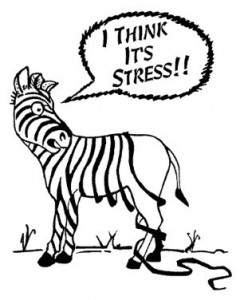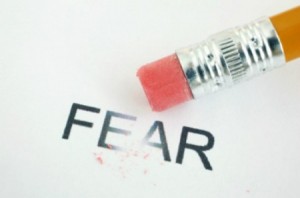 When an event takes place in your life you no doubt will describe it in either positive or negative terms. Doing so will set the tone for how we feel about the situation and dwelling on the event with the idea of it being the greatest or the worst thing that can happen to us can create a great deal of stress on our minds and bodies.
When an event takes place in your life you no doubt will describe it in either positive or negative terms. Doing so will set the tone for how we feel about the situation and dwelling on the event with the idea of it being the greatest or the worst thing that can happen to us can create a great deal of stress on our minds and bodies.
If you describe an event with words like, “terrible”, “horrible”, or “nightmare”, we generate negative feelings in our body which may actually disable you emotionally. It is much better to focus on what might be done to minimize the effect of the event or as we have suggested previously ask yourself, “What is great about this?” Does this sound like a crazy question when a “disastrous event” just took place?
Think about it for a minute. At first you will say “there is nothing great” – but on thinking about it further you may find something good that could come. Now you are problem solving. How much better to do this than to complain and get worked up, maybe to the point of being short or aggressive with others who really do not deserve the aggression? Most of us can look back on an experience that at the moment looked like the worst thing ever, that 5 years from then we look back on say it turned out well.
I personally like the question, “What is great about this?”, but in addition to that question just using different words will also help to keep the stress levels lower. If you see a problem or event as an inconvenience or a challenge – that is very different than seeing it as the end of the world. Maybe there is an opportunity for growth, or it is a setback – but not a permanent one that cannot be recovered from.
Remember that the feeling of anger occurs when we do not reach a goal or someone does not act or react the way we think that they should have or we wanted them to. The behavior of anger though can be better managed when we ask ourselves the right questions or use words that put us in problem solving mode vs. negative aggressive roles.





